Signs of Social Anxiety Disorders
Social anxiety is a common disorder everyday people face. Here are signs of social anxiety disorders.

Are you socially anxious? Social anxiety is probably one of the more common disorders that people face daily. It's a true struggle for people who work, attend school, etc. Growing up with the disorder is really tough. It's almost impossible to meet with people, because the second you leave your house, you're immediately coming face to face with strangers (I feel you). And a lot of these people want to avoid any contact from these strangers as much as possible.
Now, the disorder part is a serious disease. Individuals who live with this disorder honestly have it pretty bad. It's tough not to interact with strangers, because you almost always have to. When ordering food, cashiers in retail stores, co-workers, even randoms on the streets. It's really difficult to get out of a situation involving strangers. And when someone with social anxiety disorder interacts with a stranger, there are multiple signs and symptoms that comes along with it... and it's hard to manage.
See the signs of social anxiety disorders and even check if you, or a friend, have any of the following. And if you do, among other methods, cannabis can help with relaxing, too.
Trembling Body and Racing Heart
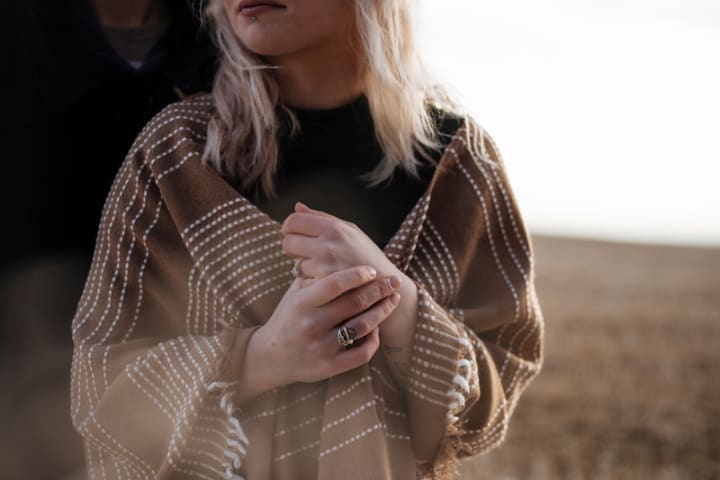
For signs of social anxiety disorders, a trembling body is one of the more common symptoms. When someone with the disorder interacts and talks to a stranger, they suddenly become nervous, leading their body to begin trembling. It can be seen in their hands — even possibly their body as a whole.
This goes for a fast-pacing heart, as well. Nervousness always comes with a fast-pacing heart and it takes a moment for your heart to relax. It may seem like you can almost never prevent it from happening, but just staying calm and breathing slowly can calm it down.
The intense nervousness these people face can actually cause them to shake and get their heart pumping quickly, and it's truly a burden that they carry daily.
Blushing

Another one among the signs of social anxiety disorders is a flushed face. People with social anxiety tend to get really... really nervous and even just feel embarrassed by what they're saying to the other person. When a person gets embarrassed, they usually blush.
Almost everyone blushes when they're embarrassed — it's completely normal. But for people with social anxiety, a flushed face is mostly played on when speaking to others. But look at the brighter side, rosy cheeks are super adorable! And the other person may think so, too.
Excessive Sweating

Connecting to nervousness and sheer embarrassment comes excessive sweating. People sweat a lot when they're nervous — it's just something our bodies do. Sometimes, we can't help it. But those who suffer with social anxiety disorder possibly deal with a lot of sweating... like, a lot.
When becoming nervous around others becomes annoying, sweating comes into play. And the worst part? It's sometimes noticeable. I know it's tough, but try to calm yourself when speaking to avoid sweating. But if you can't help it, cut the convo short and head to the nearest bathroom to wipe it all away and to calm down.
Weak or Shaky Voice

When it comes to signs of social anxiety disorders, having a weak and shaky voice is a common one. A trembling body can lead to a trembling voice, as well. Sometimes, even a stutter randomly comes out of no where — even if you don't have a stutter at all. It's something that can be helped!
Also, there will be times when you can't even speak at all! And it's called "selective mutism" — it's a form of social anxiety disorder.
What's worse is while speaking to someone and your voice suddenly gets low and weak... and that person tells you to speak up! The worst, I totally understand. Try to sound confident when talking — no one is there to judge you.
Blank Mind

While a person with social anxiety disorder is talking to someone, it's possible that their mind can suddenly go blank in an instant. Yup, it's possible. Since they're so focused on how nervous, sweaty, anxious they are, that's all their mind is flooded with.
Also, while listening to what the other person is saying, the one with social anxiety disorder can lose track of the conversation and not pay attention to what they're saying. It's like their mind is nothing but a white noise.
Avoiding Eye Contact
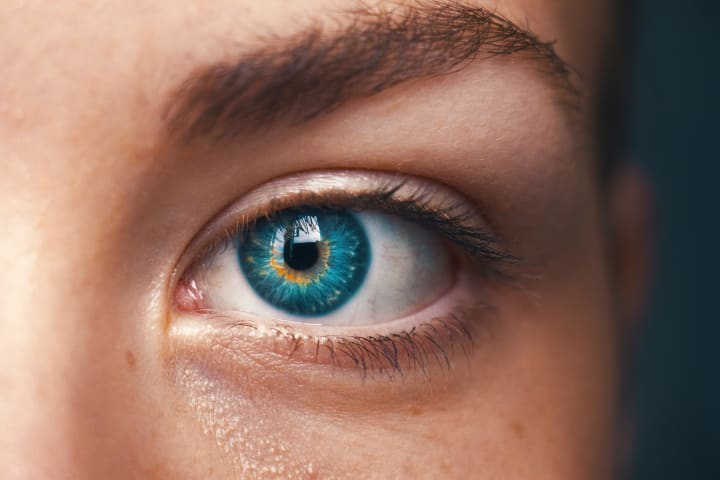
Avoid eye contact is a big one in the signs of social anxiety disorders. This doesn't just go for those with social anxiety — many people find it difficult to have eye contact with others. But in the case of the disorder, they come across eye contact as a big challenge.
Since they're feeling extremely nervous while talking to someone, they don't want to make it obvious to the other person that they're nervous as hell. And since "the eyes are the window to the soul," or in this situation, the window to your emotions, eyes will almost always give you away. Which is why people with social anxiety rarely make eye contact — they don't want to give themselves away as a nervous wreck.
Nausea and Dizziness

Becoming dizzy or nauseous out of the blue when talking to someone is a symptom of social anxiety disorder. When a person with this disorder is interacting with a stranger, for a long time, tend to get really nervous. When someone is nervous, it can actually affect your mental state and mess with your mind — leading to dizziness and possibly nausea. And right after the nausea comes through, so does that terrible upset stomach.
This is probably one of the worst signs of social anxiety disorders. This can be helped by heading to the nearest restroom, or by cutting the convo short and walking away to breathe and collect your thoughts.
Avoid Contact Overall
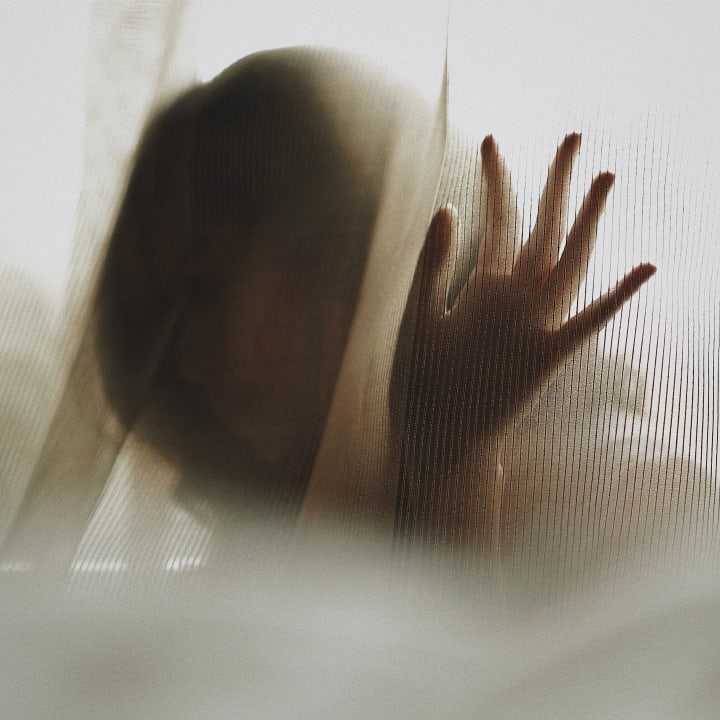
This is probably the main one out of the signs of social anxiety disorders — the person would seclude himself from everyone else and avoid being the center of attention. In order for them to not be involved with others and prevent talking to people, they'll most likely shift away from everyone else and linger by the sidelines. They'll do as much as they can to avert a conversation or any other interaction with a stranger.
Also, it's always OK to be honest with your anxiety. In fact, they'll understand you even more!
About the Creator
Jacqueline Hanikeh
Reading good literature plays a huge role in my life — and so does online shopping and wine.


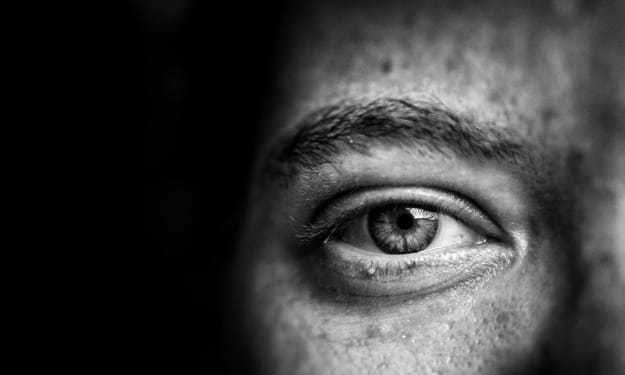

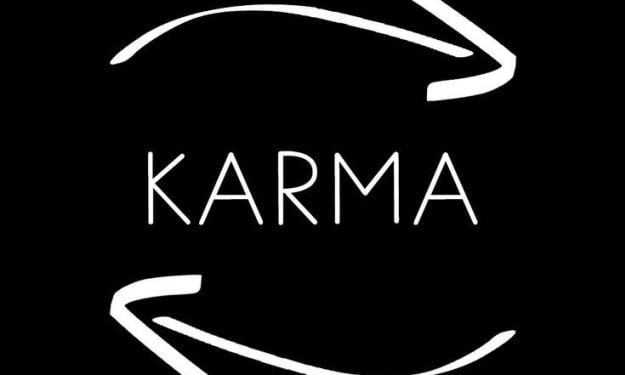

Comments
There are no comments for this story
Be the first to respond and start the conversation.